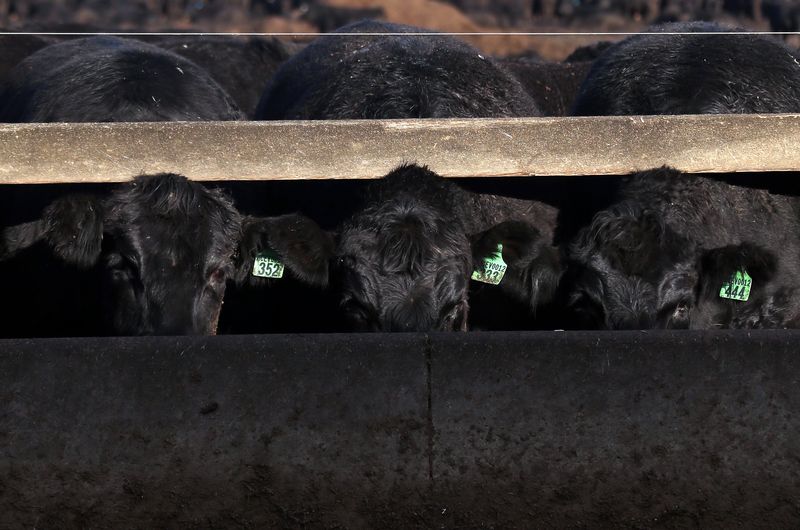On Tuesday, milk futures and cash dairy markets on the Chicago Mercantile Exchange (CME) witnessed a downward trend. November Class III milk was reported at $17.06, December at $16.87, January at $17.04, and February at $17.56. Contracts from March through September showed mixed results, with some stable and others down by fifteen cents. Prices of dry whey remained at $0.3850 with one sale, while forty-pound cheese blocks dipped slightly to $1.6975 without sales recorded. Cheese barrels fell to $1.5450 with seven sales between this price and $1.5725. Butter prices also dropped to $2.8975, with twelve sales ranging from $2.89 to $2.93, and nonfat dry milk decreased marginally to $1.17 with a single sale at this price.
The dairy industry is facing financial difficulties due to a decrease in Class III milk price reported by the Agriculture Department in October. Although Class III futures suggest a modest recovery in November, this is still short of profitability for most dairy producers.
The October Class IV price rose due to record-breaking butter prices, but both CME butter and block cheddar showed signs of weakening in November. Dairy economist Bill Brooks of Stoneheart Consulting noted that September milk production margins were the highest of 2023 by 18 cents over January, marking the first time since January that income over feed costs were above the required level for steady to higher milk production.
The National Federal Milk Marketing Order Pricing Formula Hearing is set to reconvene on November 27. Cooperatives Working Together (CWT) member cooperatives accepted 26 offers of export assistance from CWT this week that helped them capture sales contracts for American-type cheese and whole milk. This is in line with the Agriculture Department’s latest Ag Prices report, which indicated that the September ratio increased from August, marking the first month to be above the previous year since November 2022.
The USDA’s latest Crop Progress report indicated that the U.S. corn harvest was 71 percent complete as of the week ending October 29, which could potentially impact feed costs for dairy producers. Dairy Market News (DMN) reports that current spot milk supplies are slowly edging higher week to week and cheese inventories remain balanced. However, Commodity and Ingredient Hedging LLC., reports that dairy margins deteriorated over the second half of October as futures sank to new contract lows.
This article was generated with the support of AI and reviewed by an editor. For more information see our T&C.
Read the full article here















